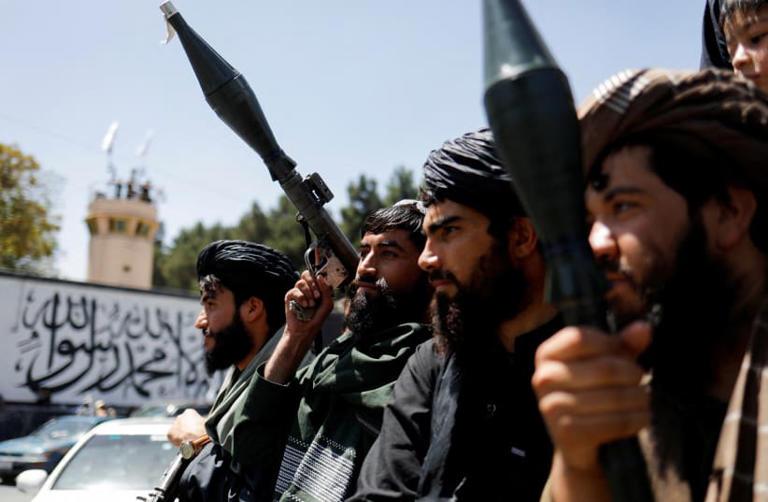
How Al-Qaeda turned Kenya’s infrastructure dream into a costly failure
Kenya’s flagship infrastructure project—once hailed as a game changer, and one of the most ambitious developments in Africa—is now facing major delays, largely due to ongoing threats and disruptions from the Islamist militant group Al-Qaeda.
Al-Shabaab linked to Al-Qaeda’s is derailing one of Africa’s biggest infrastructure projects, stalling Kenya’s bid to become a regional trade hub on the Indian ocean.
Kenya first envisioned its second deep-water port, Lamu Port, as far back as the mid-1970s, when the Ministry of Power and Communications initiated a study to explore the feasibility of establishing a major port along the country’s coastline. After decades of planning, the project was officially launched in 2013.
Kenya’s ambitious plan to build a $25 billion economic corridor across its underdeveloped northern region has hit a major roadblock, due to persistent attacks by Al-Shabaab, a Somalia-based militant group that has targeted construction workers and security personnel in the area.
This port was part of Lamu Port-South Sudan-Ethiopia Transport (LAPSSET) corridor. The project included roads, railway lines, and an oil pipeline stretching from the port of Lamu to landlocked Ethiopia and South Sudan, was designed to transform regional trade and connectivity.
“There’s no proper road, no railway, no pipeline,” said Yusuf Hassan Abdi, a member of Kenya’s parliamentary security committee, to The Wall Street Journal. “Right now, it’s become a white elephant.”
Decoding the Al-Qaeda’s impact
As the project was inaugurated there were concerns that the project could become a white elephant project.
Al-Shabaab, an extremist group linked to al-Qaeda, has been waging an insurgency against Somalia’s government for nearly two decades, even once taking control of the capital, Mogadishu.
Al-Shabaab views new roads as a threat, since paved surfaces make it harder to plant explosives and allow faster security response.
Between 2021 and 2023, efforts to build the road faced deadly resistance, with 16 people killed and 40 injured in militant attacks targeting both Kenyan and Chinese workers, according to Patrick Mutahi, head of the Nairobi-based Centre for Human Rights and Policy Studies reports The Wall Street Journal.
They seek refuge in the Boni Forest, located along the border between Somalia and Kenya. Al-Shabaab has launched several devastating attacks in Kenya, including the 2013 Westgate Mall massacre that claimed 67 lives and a 2020 assault on a joint US-Kenyan military base near Lamu Port, resulting in the deaths of three Americans.
How the Lamu port project could have boosted Kenya’s economy?
Kenya’s Lamu Port was established to reshape regional trade by positioning the country as a key logistics hub for East Africa and the Horn of Africa. With strategic incentives and deep-water capabilities, the port aimed towards to attracting major shipping lines and boost connectivity.





